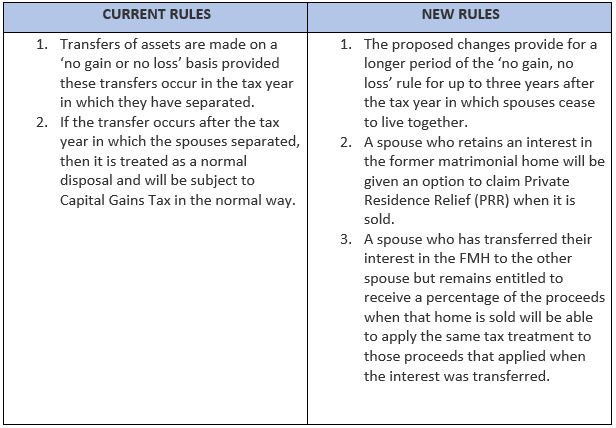On 29 November 2022, Brazil and the UK signed a Double Taxation Agreement (DTA) which will enter into force when the relevant legislative procedures are completed. The DTA will establish the following withholding tax rates or source country taxation..
Dividends (Article 10):
10% of the gross number of dividends paid to a company (the beneficial owner) that holds directly at least 10% of the capital of the payer company throughout a period of 365 days. In all other cases, the rate will be 15%.
Interest (Article 11):
7% of the gross amount of interest paid to a bank or insurance company on a loan that was granted for at least a five-year period to finance infrastructure projects and public utilities.
10% of the gross amount of interest from: loans granted by banks, bonds that are regularly traded on a qualified stock exchange and a sale on credit paid by the purchaser of equipment to the seller.
For all other cases, the rate will be 15%.




